Insights >
The most popular search engines across APAC in 2024

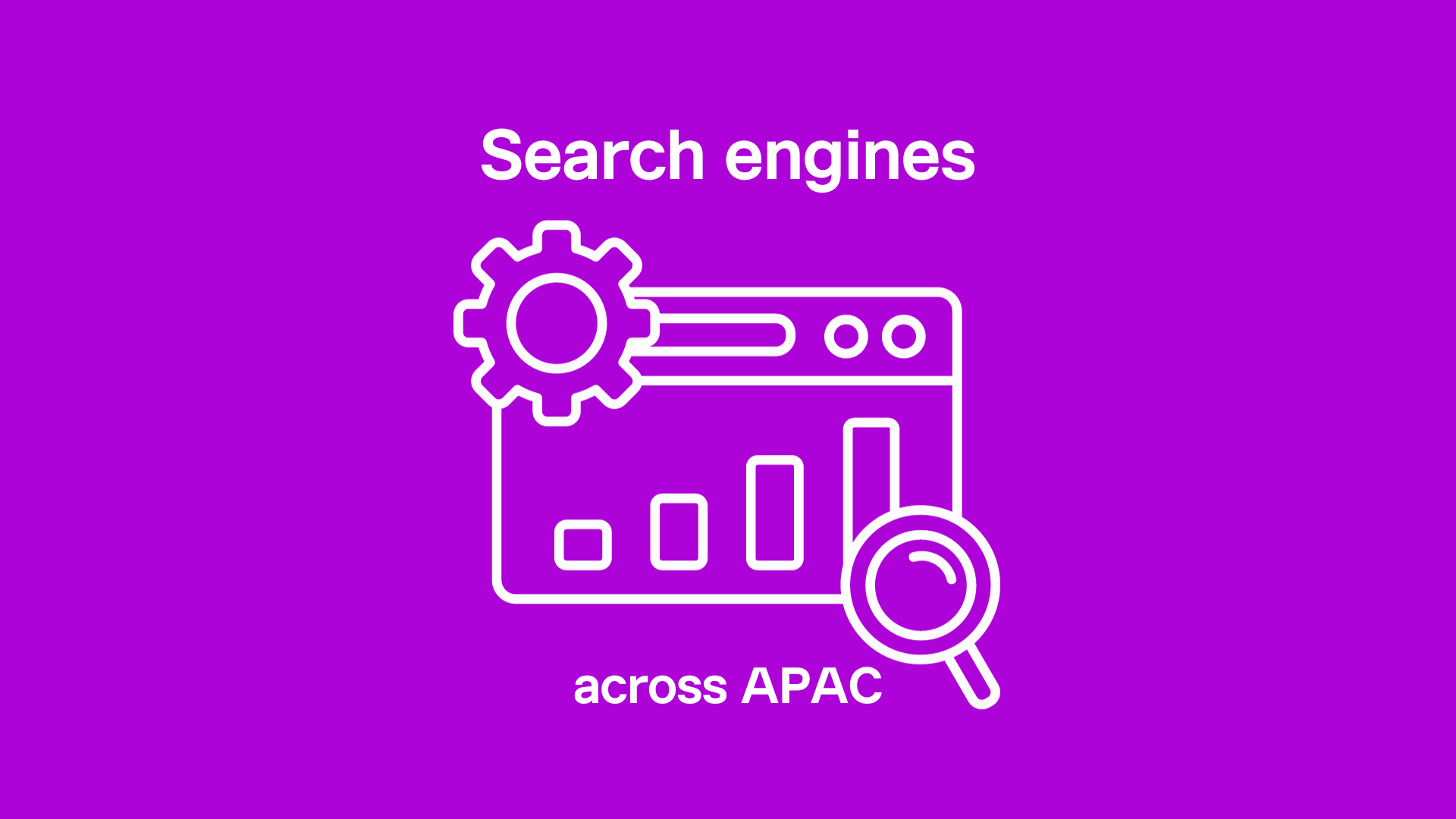
New: 2024 Japanese Consumer Behaviour | Whitepaper | download for FREE >>


Google may be the most popular search engine in the West, but it’s not the same in other parts of the world. In particular, the dominant search engines in the APAC region vary widely depending on the nation.
First, let’s explore the general market share. As of August 2023, Google has over 90% of the market share across APAC, followed by Baidu at 2.36% and Yahoo! at 1.03%. However, this does not give us the whole picture, as usage varies from country to country.
Let’s zoom in and look at the top search engines among the APAC countries with the most active internet users: China, India, Indonesia, the Philippines, Thailand, Japan, Taiwan, and South Korea.
While Google is still the most dominant search engine in Japan, its market share is slightly different from that of the other countries on this list.
As of July 2024, the search engine market share in Japan is split 74.91% for Google, 14.55% for Bing, and 9.18% for Yahoo! JAPAN.
Like Bing, Yahoo! JAPAN’s search algorithm is similar to Google’s, so you don’t need to learn two different SEO strategies to succeed on either platform.
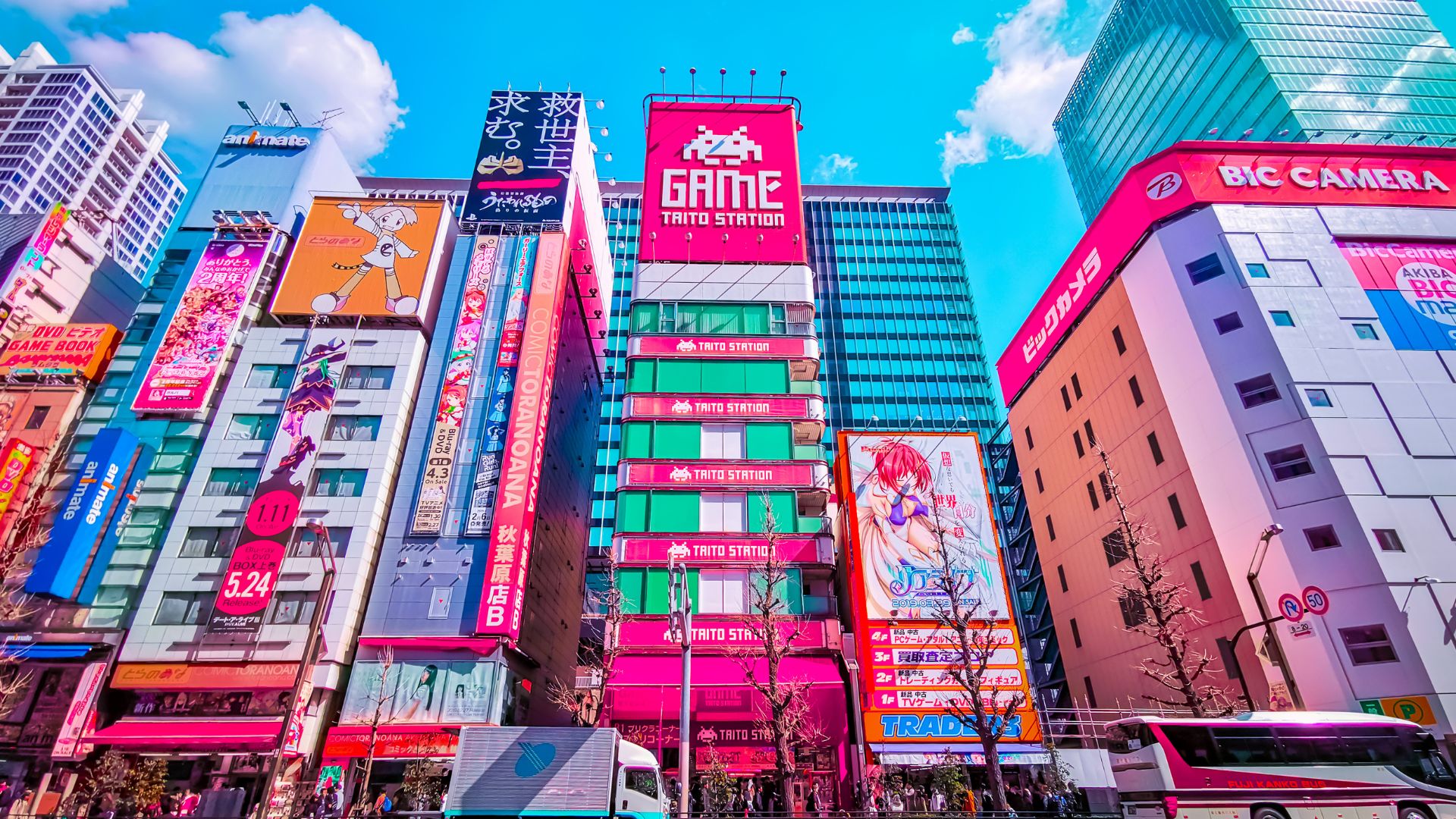 Source: pixabay.com
Source: pixabay.com
Regarding PPC ads across Yahoo! JAPAN and Google, the features and uses differ across the two platforms, so it is best to familiarise yourself with both and compare.
Download our free Yahoo! JAPAN Media Guide to learn more →
China’s search engine market share is likely the most different from Western nations like the UK or the US, where Google is the most popular.
In China, however, Google does not even come close to the top by market share as it is banned nationwide.
 Source: pixabay.com
Source: pixabay.com
As of July 2024, the top search engines are Baidu (53.62%), Bing (26.24%), Haosou (8.44%), Sogou (5.36%), and Shenma (2.76%). Google comes in 6th place, with just 2% of market share.
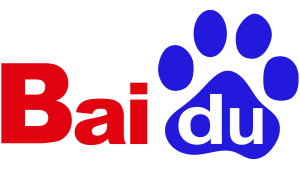
Baidu has about 676 million monthly active users, making it China’s most popular search engine.
Most of its audience is Chinese, with a small percentage of users coming from Japan and the US.
While Google famously exited the Chinese market years ago, Bing remains the only major Western search engine accessible. This dominance comes with a price, however. To operate in China, Bing has had to make significant compromises, including censorship of content deemed sensitive by the Chinese government. This raises questions about the true nature of an unfiltered search experience in a heavily controlled online environment.
Sogou is vital in voice-activated searches, processing up to 802 million voice requests daily from its mobile app.
Although Haosou’s market share has been falling for some years, many companies recommend it due to its cybersecurity features, making it an excellent channel for B2B marketing. Its parent company is Qihoo 360, one of the largest antivirus companies in China.
The market share across India, Indonesia, Thailand, and the Philippines has a lot of crossover.
In India, Google has 97.99% of the market share, followed by Bing with 1.15% and Yahoo! with 0.44% as of July 2024. The story is similar in Indonesia, Thailand, and the Philippines.
Google has 94.28% of the market share in Indonesia, 97.7% in Thailand, and 93.86% in the Philippines.
Yahoo! and Bing have less than 1% of the market share in Indonesia and Thailand. They do better in the Philippines, where Bing has 2.74% and Yahoo! has 1.66%.
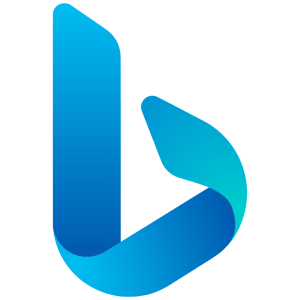
Bing, owned by Microsoft, has the same basic SEO best practices as Google. Although the overall SEO strategy will remain the same across the two platforms, some key differences exist.
For example, Bing focuses more on precise keywords (rather than contextual keywords), prioritises websites with multimedia (e.g. photos and videos), and rewards websites with a solid social media presence.
In terms of paid advertising, although they function similarly, the features of Bing ads are unique to Google’s. Bing has different targeting filters, demographics, and its ads appear higher on the search results (due to fewer users).
Fueled by innovative AI tools like Copilot and the potential for integration with other popular Microsoft products, Bing is poised for significant user growth, carving a niche in the search engine landscape.
As of July 2024, Google takes 89.69% of the market share in Taiwan. Yahoo! and Bing trail behind with 6.77% and 3.3% of the share, respectively. Baidu has a small piece of the pie, with 0.05% of the market share.
Google should be the priority when creating SEO/SEM campaigns targeting Taiwan. However, depending on your goals, it may also be worth doing some marketing on Yahoo! or Bing.
It should also be noted that although Taiwanese people speak Mandarin Chinese, they use traditional Chinese characters instead of simplified Chinese, which is used in much of China. They also use different vocabulary and dialects; thus, the two markets should be treated differently when crafting marketing campaigns.
South Korea is the only country on the list where Google does not take most of the search engine market share. The most popular platform is Naver, with 47.11%. Google places second with 46.79% of the market share as of July 2024. Bing holds 2.96%, and Daum has just over 1.5% of the market share.
Let’s explore Naver and Daum, as these are unique to the South Korean market.
![]()
First, Naver’s search engine results page (SERP) looks very different from Google’s.
It is split into different sections: Knowledge iN (Q&A section), blogs, websites, news, advertisements, and more.
Fully optimised websites can appear in multiple places within the different sections. Ultimately, the SERP changes depending on the query. It sometimes includes a Cafe, videos, or books section, but the layout will change depending on each search.
Naver also has its payment system, Naver Pay, and a search advertising platform, Naver Ad. Their advertising platform has different languages, location targeting, character limits, match types, placements, ad extensions, bid suggestions, and keyword tools than Google Ads.
Given Naver’s stronghold on the South Korean market, it is essential to adopt your SEO/SEM strategy for Naver when developing marketing campaigns for South Korea.
Daum is owned by Kakao Group, the company behind South Korea’s popular messaging app Kakaotalk. It offers similar services to Naver. Their ad platforms also have similar features, with some variation regarding character count limitations and ad extensions.
As the data shows, Google is still the dominant search engine across most markets, with China and South Korea being the exception.
Thus, you must familiarise yourself with Google’s algorithm and search ads strategy to perform well on the platform. It may also be a good idea to advertise or optimise your content for other search engines, such as Bing, Baidu, Yahoo!, and Naver, depending on your target market.
No matter which search engine you choose to focus on. However, it is essential to ensure that you localise your PPC ads and website appropriately. Proper localisation can lead to increased trust with your audience and online conversions.
![]() Here are a few articles you may find interesting:
Here are a few articles you may find interesting:
⋅ How to improve your CTR for Yahoo! JAPAN →
⋅ How to set you PPC advertising budget to maximise results →
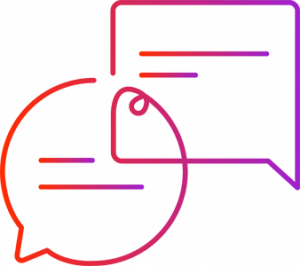 Contact us at DMFA to learn more about our services and how our bilingual consultants can assist you.
Contact us at DMFA to learn more about our services and how our bilingual consultants can assist you.
Simply fill in the form and our team will get back to you as soon as possible →